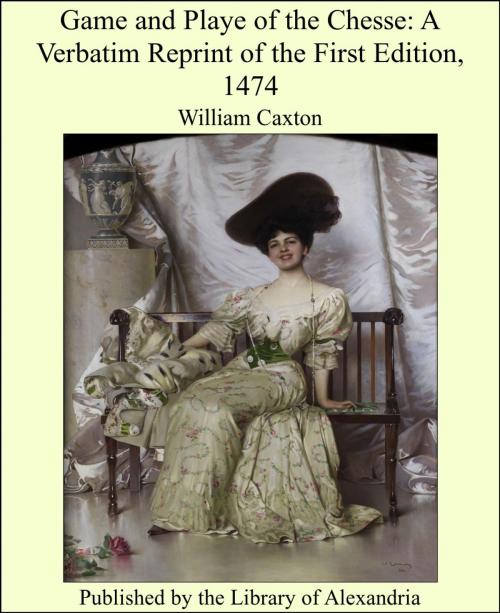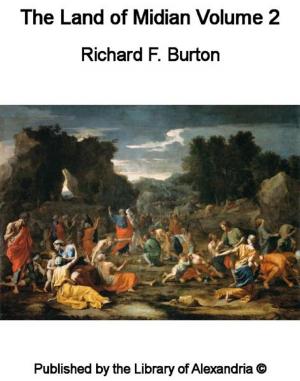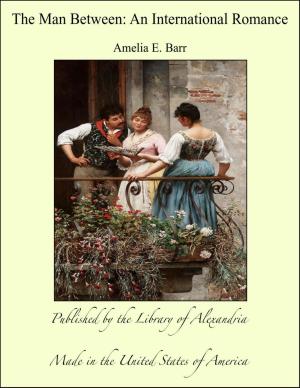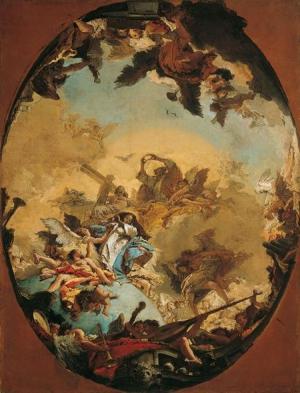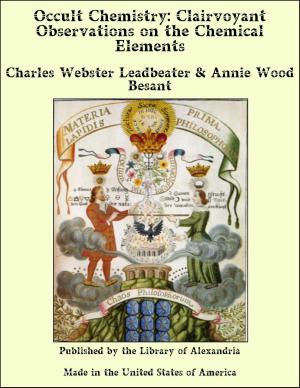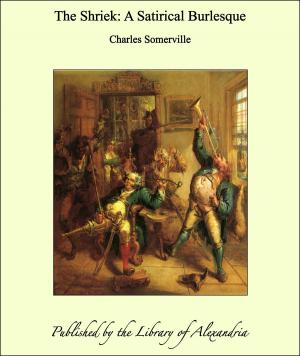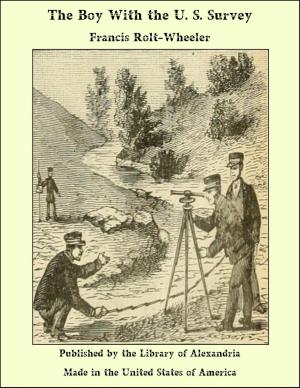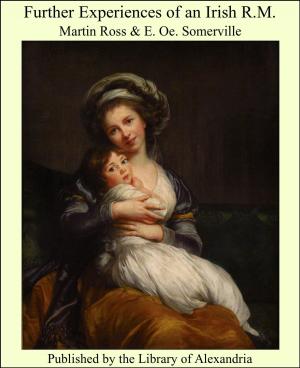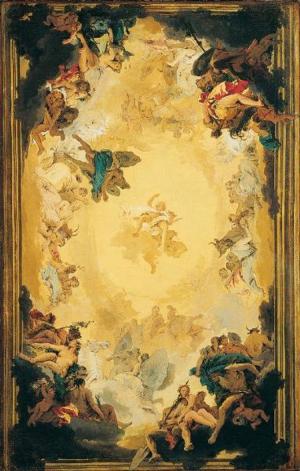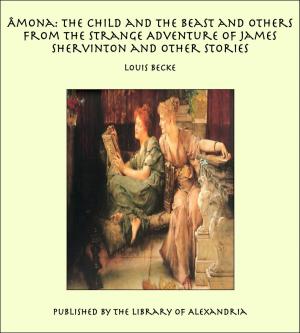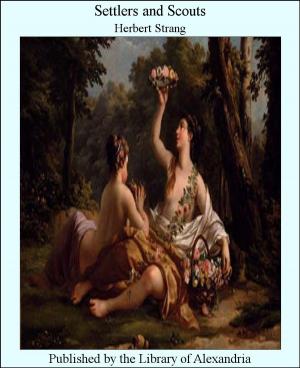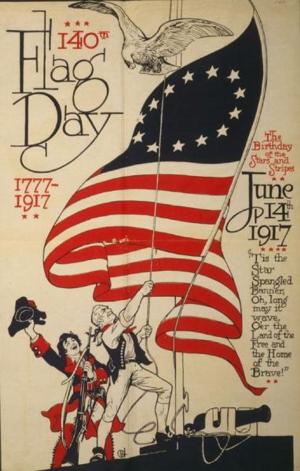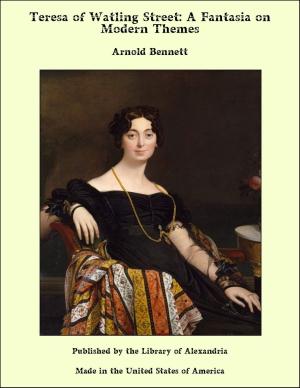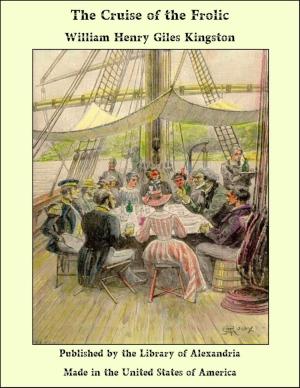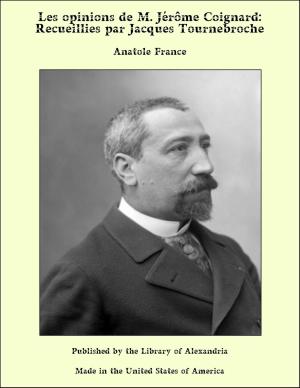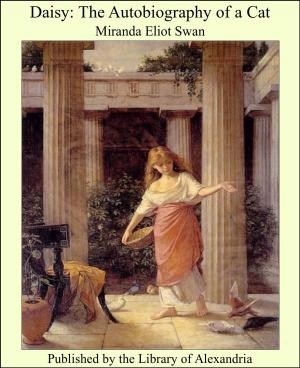Game and Playe of the Chesse: A Verbatim Reprint of the First Edition, 1474
Nonfiction, Religion & Spirituality, New Age, History, Fiction & Literature| Author: | William Caxton | ISBN: | 9781465529602 |
| Publisher: | Library of Alexandria | Publication: | March 8, 2015 |
| Imprint: | Language: | English |
| Author: | William Caxton |
| ISBN: | 9781465529602 |
| Publisher: | Library of Alexandria |
| Publication: | March 8, 2015 |
| Imprint: | |
| Language: | English |
The readers of the "Antiquary" will remember the anecdote told with so much effusion by Jonathan Oldbuck. '"Davy Wilson," he said, "commonly called Snuffy Davy, from his inveterate addiction to black rappee, was the very prince of scouts for searching blind alleys, cellars, and stalls, for rare volumes. He had the scent of a slow-hound, sir, and the snap of a bull-dog. He would detect you an old black-letter ballad among the leaves of a law-paper, and find an editio princeps under the mask of a school Corderius. Snuffy Davy bought the 'Game of Chess, 1474,' the first book ever printed in England, from a stall in Holland for about two groschen, or two-pence of our money. He sold it to Osborne for twenty pounds, and as many books as came to twenty pounds more. Osborne re-sold this inimitable windfall to Dr. Askew for sixty guineas. At Dr. Askew's sale," continued the old gentleman, kindling as he spoke, "this inestimable treasure blazed forth in its full value and was purchased by Royalty itself for one hundred and seventy pounds! Could a copy now occur, Lord only knows," he ejaculated with a deep sigh and lifted-up hands, "Lord only knows what would be its ransom; and yet it was originally secured, by skill and research, for the easy equivalent of two-pence sterling."' Sir Walter Scott in a footnote adds:--"This bibliomaniacal anecdote is literally true; and David Wilson, the author need not tell his brethren of the Roxburghe and Bannatyne Clubs, was a real personage." Mr. Blades, whose iconoclastic temper is not moved to mercy even by this good story, says that although it "looks like a true bibliographical anecdote," its appearance is deceptive, and that "not a single statement is founded on fact."[1] Jonathan Oldbuck did not venture to estimate the sum that would ransom a copy of the "Game of Chesse," and the world of the bibliomania has moved even since his days, so that prices which seemed fabulous, and were recounted with a sort of awe-struck wonder, have been surpassed in these latter days, and the chances of any successor of "Snuffy Davy" buying a Caxton for two groschen have been greatly reduced. According to Mr. William Blades, our latest and best authority on the subject, there are but ten copies known of the first edition of the "Chesse" book.[2] There is a perfect copy in the King's Library in the British Museum. This is what ought to be Snuffy Davy's copy. A previous owner--R. Boys--has noted that it cost him 3s. The copy in the Grenville Library has the table and last leaf supplied in facsimile. The copy in the Public Library at Cambridge is defective to the extent of five leaves. The Bodleian copy wants the last leaf. The Duke of Devonshire's copy formerly belonged to Roger Wilbraham, and the first and eighth leaves are supplied in facsimile. The exemplar belonging to the Earl of Pembroke is perfect, "but on weak and stained paper." Earl Spencer's copy is perfect, clean, and unusually large. Mr. H. Cunliffe's copy came from the Alchorne and Inglis Libraries, and wants the first two printed leaves, two near the end, and the last two. Mr. J. Holford's copy is perfect and in its original binding. It was once in the library of Sir Henry Mainwaring of Peover Hall, as his bookplate shows. On a fly-leaf is written, "Ex dono Thomæ Delves, Baronett 1682." The copy belonging to the Rev. Edward Bankes is imperfect, and wants the dedicatory leaf and is slightly wormed
The readers of the "Antiquary" will remember the anecdote told with so much effusion by Jonathan Oldbuck. '"Davy Wilson," he said, "commonly called Snuffy Davy, from his inveterate addiction to black rappee, was the very prince of scouts for searching blind alleys, cellars, and stalls, for rare volumes. He had the scent of a slow-hound, sir, and the snap of a bull-dog. He would detect you an old black-letter ballad among the leaves of a law-paper, and find an editio princeps under the mask of a school Corderius. Snuffy Davy bought the 'Game of Chess, 1474,' the first book ever printed in England, from a stall in Holland for about two groschen, or two-pence of our money. He sold it to Osborne for twenty pounds, and as many books as came to twenty pounds more. Osborne re-sold this inimitable windfall to Dr. Askew for sixty guineas. At Dr. Askew's sale," continued the old gentleman, kindling as he spoke, "this inestimable treasure blazed forth in its full value and was purchased by Royalty itself for one hundred and seventy pounds! Could a copy now occur, Lord only knows," he ejaculated with a deep sigh and lifted-up hands, "Lord only knows what would be its ransom; and yet it was originally secured, by skill and research, for the easy equivalent of two-pence sterling."' Sir Walter Scott in a footnote adds:--"This bibliomaniacal anecdote is literally true; and David Wilson, the author need not tell his brethren of the Roxburghe and Bannatyne Clubs, was a real personage." Mr. Blades, whose iconoclastic temper is not moved to mercy even by this good story, says that although it "looks like a true bibliographical anecdote," its appearance is deceptive, and that "not a single statement is founded on fact."[1] Jonathan Oldbuck did not venture to estimate the sum that would ransom a copy of the "Game of Chesse," and the world of the bibliomania has moved even since his days, so that prices which seemed fabulous, and were recounted with a sort of awe-struck wonder, have been surpassed in these latter days, and the chances of any successor of "Snuffy Davy" buying a Caxton for two groschen have been greatly reduced. According to Mr. William Blades, our latest and best authority on the subject, there are but ten copies known of the first edition of the "Chesse" book.[2] There is a perfect copy in the King's Library in the British Museum. This is what ought to be Snuffy Davy's copy. A previous owner--R. Boys--has noted that it cost him 3s. The copy in the Grenville Library has the table and last leaf supplied in facsimile. The copy in the Public Library at Cambridge is defective to the extent of five leaves. The Bodleian copy wants the last leaf. The Duke of Devonshire's copy formerly belonged to Roger Wilbraham, and the first and eighth leaves are supplied in facsimile. The exemplar belonging to the Earl of Pembroke is perfect, "but on weak and stained paper." Earl Spencer's copy is perfect, clean, and unusually large. Mr. H. Cunliffe's copy came from the Alchorne and Inglis Libraries, and wants the first two printed leaves, two near the end, and the last two. Mr. J. Holford's copy is perfect and in its original binding. It was once in the library of Sir Henry Mainwaring of Peover Hall, as his bookplate shows. On a fly-leaf is written, "Ex dono Thomæ Delves, Baronett 1682." The copy belonging to the Rev. Edward Bankes is imperfect, and wants the dedicatory leaf and is slightly wormed
